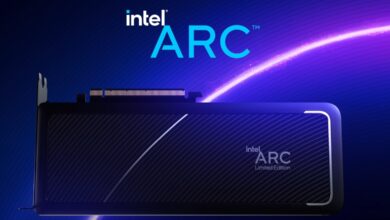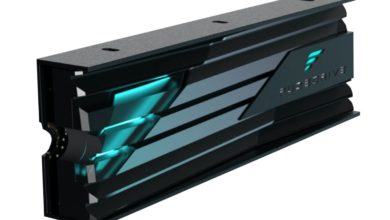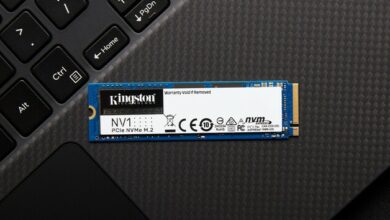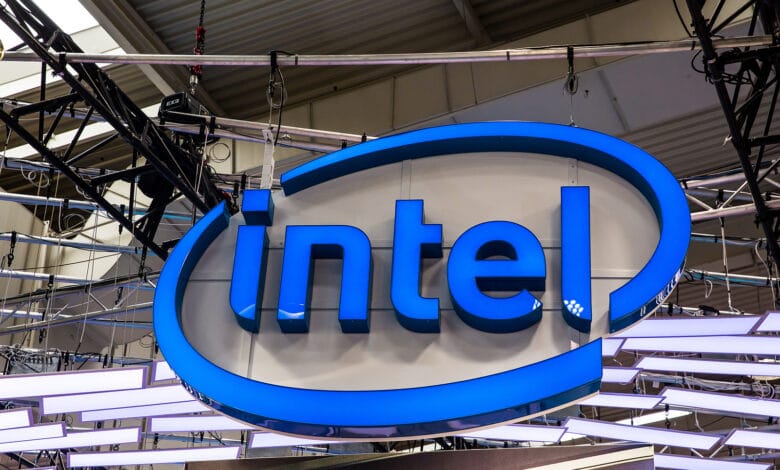
Intel sells its SSD division. For around 9 billion US dollars, the South Korean semiconductor manufacturer SK Hynix secured Intel’s SSD and NAND business. The first part of the acquisition phase had already been completed.
Intel SSD division goes to SK Hynix
As Intel revealed in a press release, South Korea’s SK Hynix will pay about seven billion U.S. dollars for the first part of the acquisition alone. It also includes Intel’s manufacturing facility in Dalian, China.
Intel had announced the sale of its NAND SSD division more than a year ago. Now the Chinese state authority for market regulation has also given the green light for the takeover, the first phase of which has thus been completed.
In the course of the takeover, SK Hynix has founded a new subsidiary called Solidigm, which will take care of SSD production in the future. Solidigm is headed by former Intel vice president Rob Crooke. The new headquarters will be located in San Jose, California.
Solidigm will handle all product development, manufacturing and sales for SK Hynix’s newly acquired SSD business. All employees and assets will transfer Intel to the new owner.
Completion of acquisition in 2025
However, NAND manufacturing in Dalian, China, will remain under Intel management until 2025. The same applies to the employees of the R&D division. It is expected that the acquisition of Intel’s SSD Spartan will then be fully completed in March 2025. This will also be accompanied by the final payment of a further two billion US dollars.
SK Hynix sees the acquisition as an opportunity to improve the competitiveness of its NAND flash business and aims to become one of the world’s leading DRAM manufacturers in the long term. Park Jung-ho, SK Hynix’s vice chairman and co-CEO, sees the acquisition as the company’s “entry into the global top tier.”
Crooke is also pleased with the acquisition and says he is convinced that the Solidigm name can be used to reinvent the data storage and memory industry in the long run.
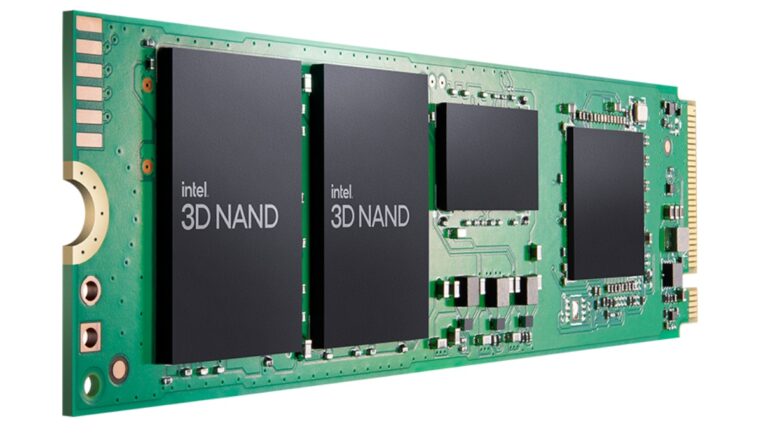
Solidigm’s product pages already list the first consumer SSDs (670p and 660p series) with PCIe 3.0 x4, NVMe in M.2280 form factor, as well as data center storage solutions (D3, D5 and D7 series) with PCIe 4.0 x4, NVMe in U.2 and E1.L format.

